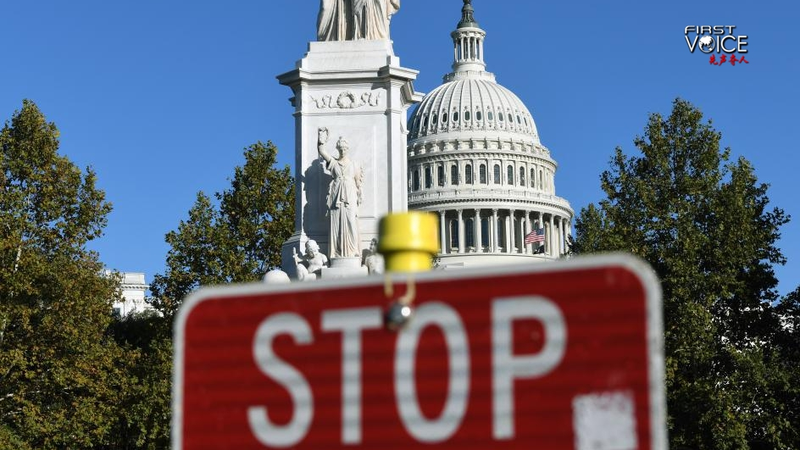As the U.S. government shutdown nears a record-breaking stretch, essential services are held hostage by partisan gridlock.
This crisis isn’t about funding running out—it’s about politics so entrenched that even basic governance becomes leverage for symbolic victories. When funding lapses drag on, a democracy’s strongest tool—predictable, steady services—becomes collateral damage.
The paradox is stark: the longer negotiations last, the fewer real concessions emerge. Parties fear that any compromise looks like a win for the other side, creating a feedback loop that deepens the deadlock and widens the economic and moral costs.
The human toll is immediate and insidious. Federal workers face income uncertainty, with some furloughed and others working without guaranteed back pay. More than 10,000 federal employees, according to White House Budget Director Russell Vought, risk losing their jobs—fueling financial strain, stress, and a chill on consumer spending that reverberates through local economies.
For young global citizens and business leaders alike, this standoff underscores a universal lesson: political paralysis doesn’t just stall government operations, it undermines public trust and economic stability. As discussions continue, the world watches how democracy handles its own deepest test.
Reference(s):
cgtn.com




